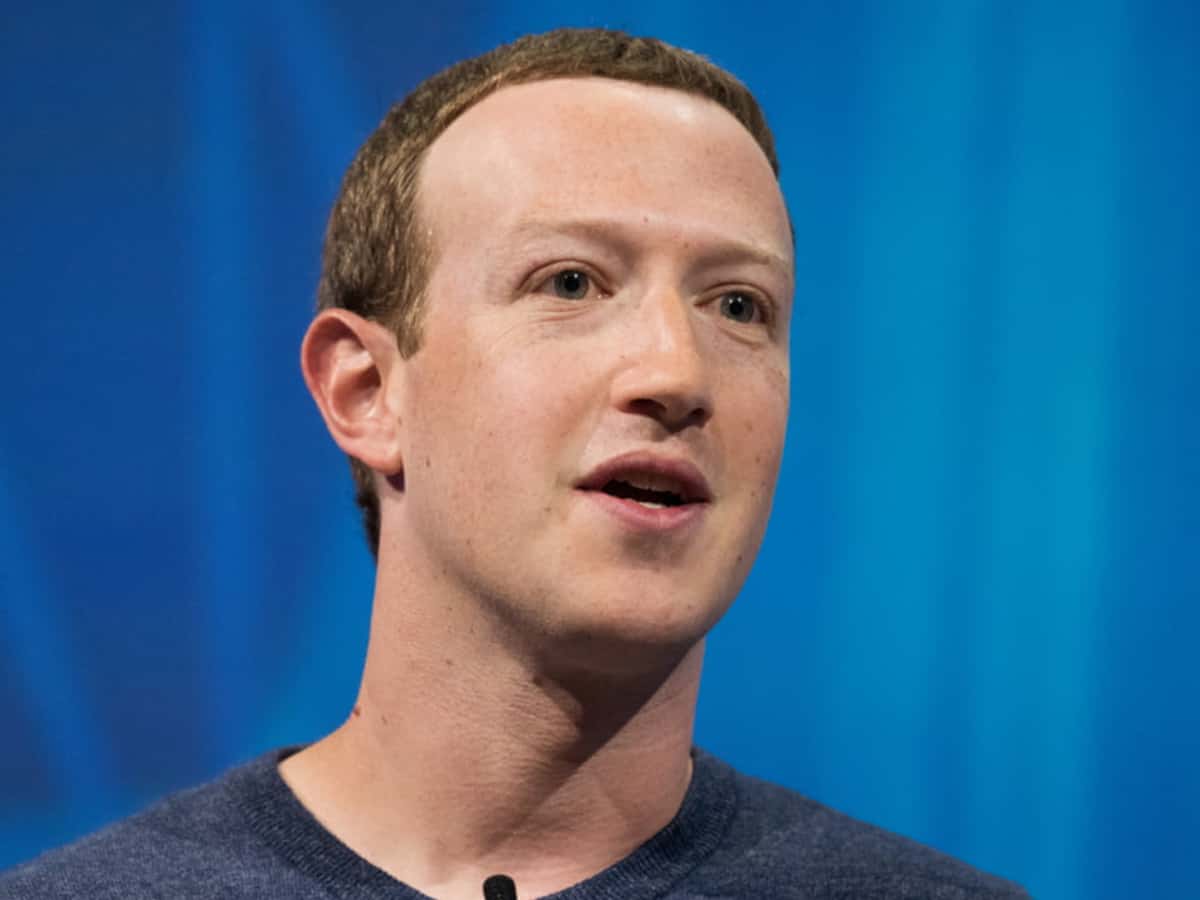By Starrys Obazei | February 4, 2023
starrys@ddnewsonline.com
Mark Zuckerberg, CEO of Facebook’s parent company Meta, has said that the company’s recent round of 11,000 layoffs were only the tip of the iceberg, with more to come. He declared 2023 as a “year of efficiency” for operating differently, saying, “we can’t treat everything like it’s hyper-growth.”
To recruit the talent it needed, Google offered first-class employee perks that would become the stuff of legend: free meals, massages, ping-pong tables, artisanal coffee, and the freedom to use as much as 20% of their time for personal projects that may or may not turn into actual products.
Success wasn’t quite overnight, but it was close. And as Google grew into the juggernaut that it is today, other companies took notice. Pampering employees and empowering them to chase wild ideas — driverless cars, delivery drones, hot-air balloons that provide internet connectivity — became the norm across Silicon Valley.
This model worked splendidly for many companies, right up until it didn’t. In recent months, layoffs have swept just about every major tech company (except, notably, Apple), even as Google itself has pared back on its so-called moonshots in a drive to cut costs amid a larger economic slowdown.
Enter Mark Zuckerberg, CEO of Facebook’s parent company Meta, who officially rang in the new era on Wednesday when he declared that 2023 would be the “year of efficiency” at the social network. In fact, you might call him 2023’s Chopper-in-Chief.
His comments on Wednesday’s earnings call officially cement this as the reality check for the tech industry at large and give a likely preview of what’s to come after Google’s parent company, Alphabet — and also Amazon and Apple — all report earnings after the bell on Thursday.
“It’s been a rapid phase-change, to take a step back and say, ‘okay, we can’t treat everything like it’s hyper-growth,'” Zuckerberg said on the earnings call. “We have a lot of things now that a lot of people use and that support a large amount of business and we should operate somewhat differently.”
Facebook is ‘flattening’ its structure and cutting more jobs
First and foremost, Zuckerberg said that the company’s recent round of 11,000 layoffs were only the tip of the iceberg, with more to come.
He further suggested that the company was looking to “flatten” its organizational structure by “removing some layers of middle management.” In a more technical sense, the company disclosed that it cut its forecast for capital expenses in the next quarter by $4 billion, largely thanks to a new and more efficient data center design.
Even before the earnings call, Meta Chief Technology Officer Andrew “Boz” Bosworth wrote in a blog post his belief that corporate philanthropy and worker perks — both hallmarks of Facebook’s work culture — could “create drag” on a company, slowing it down at crucial moments.
Add it all up, and it becomes clear that Meta is at the vanguard of a new zeitgeist that’s gripping Silicon Valley. Instead of throwing money and manpower at problems, Zuckerberg shows that Meta is now learning to live within its means. After years of defying gravity, the tech giants are going to have to start playing by the same rules as any other company in any other sector by reining in costs and being extra-thoughtful about their business.
Tech companies will have to balance innovation with cost-cutting
The tradeoffs of this new, more pragmatic approach, however, may not make themselves known for some time. We’ve already seen a harsh human cost in the form of tens of thousands of people losing their livelihoods, with many more cuts likely to come. For those who remain, perks will be stripped back as a new culture of efficiency upends the tech office culture to which they’ve grown accustomed over the last two decades or so.
Another tradeoff might come in the form of future innovation. While Zuckerberg said that Meta will continue to invest in its Reality Labs virtual-reality division, which lost over $13 billion in the last quarter alone, he indicated that the unit wouldn’t be automatically safe from future cost-cutting or layoffs.
Zuckerberg has bet the proverbial farm on the metaverse, and now has to strike the delicate balance between future investment and appeasing Wall Street. Other tech companies will likely be making similar calculations in the year to come.
Wall Street, for its part, seems happy with Zuckerberg’s approach as laid out on the earnings call: At the time of writing, Meta’s stock was up some 26% on the day to $193 a share. That’s not quite to the lofty heights of its 52-week high of $248, but it’s far better than its low over the same period of $88.09.
On the other hand, Zuckerberg said that there could be some silver linings to this new approach for Meta’s remaining employees.
“What makes you a better company over time is being able to execute and do more because you’re operating more efficiently,” Zuckerberg said on the call. “We’re in a different environment now where a lot of what we do, it makes sense to focus on the efficiency a lot more than we had previously and make sure we can work effectively. For what it’s worth, I think it’ll be a more fun place for people to work because they can get more stuff done.”

